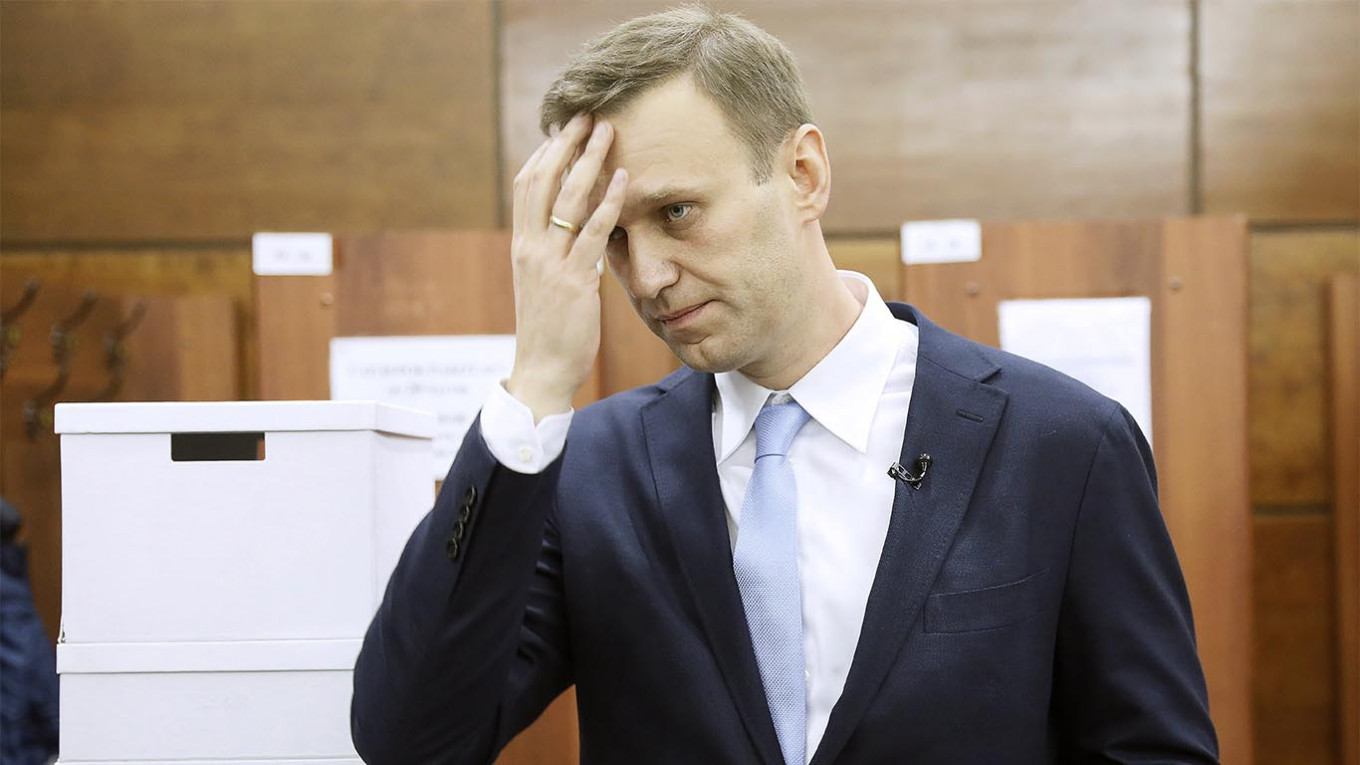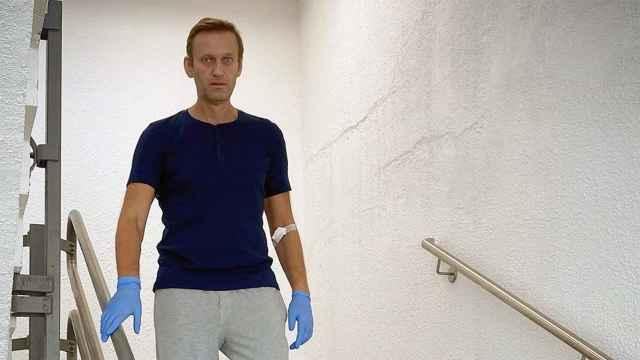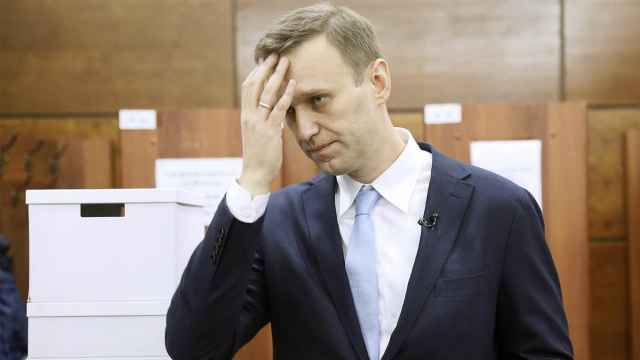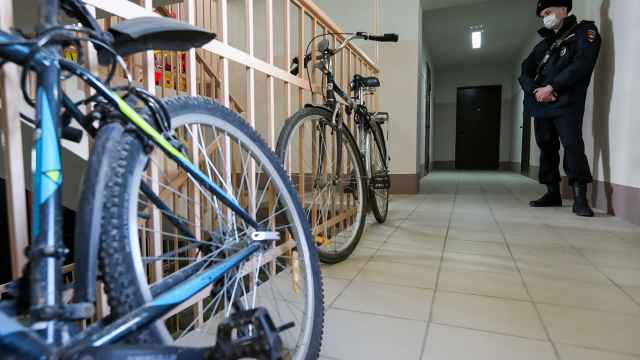Russia on Friday accused Germany of refusing to cooperate with it to establish the cause of opposition leader Alexei Navalny's illness as he continues to recover in Berlin.
The 44-year-old lawyer and anti-corruption campaigner collapsed on a flight to Moscow from Siberia in what his allies say was a state-sanctioned poison attack.
He was discharged from a hospital in Berlin this week after receiving treatment for a month.
The foreign ministry said in a statement that doctors in Siberia had passed information to their colleagues in Berlin and that Russia was ready to collaborate for the sake of Navalny's "speedy recovery".
"Unfortunately, in response we received a categorical refusal from the German government to cooperate in establishing the truth about the situation with Alexei Navalny," the statement said.
Labs in Germany, France and Sweden have said they confirmed the staunch critic of President Vladimir Putin was poisoned with Novichok, a Soviet military-grade nerve agent.
The Kremlin has denied the allegations and accused Western leaders of launching a disinformation campaign over the opposition leader's illness.
The foreign ministry called Germany's conclusion that Navalny was poisoned with Novichok "predictable" and said it was reached "in the atmosphere of ongoing anti-Russian hysteria in the West".
Russia insists medical tests its doctors carried out found no poison in Navalny's body. It says it lacks grounds for a criminal investigation, despite international calls for a transparent probe.
Navalny's spokeswoman Kira Yarmysh said Friday that his recovery would "take a long time" and that he would undergo rehabilitation in Germany.
In a blog post on earlier on Friday, Navalny thanked Russian pilots who made an emergency landing when he fell ill and the paramedics who first treated him.
A Message from The Moscow Times:
Dear readers,
We are facing unprecedented challenges. Russia's Prosecutor General's Office has designated The Moscow Times as an "undesirable" organization, criminalizing our work and putting our staff at risk of prosecution. This follows our earlier unjust labeling as a "foreign agent."
These actions are direct attempts to silence independent journalism in Russia. The authorities claim our work "discredits the decisions of the Russian leadership." We see things differently: we strive to provide accurate, unbiased reporting on Russia.
We, the journalists of The Moscow Times, refuse to be silenced. But to continue our work, we need your help.
Your support, no matter how small, makes a world of difference. If you can, please support us monthly starting from just $2. It's quick to set up, and every contribution makes a significant impact.
By supporting The Moscow Times, you're defending open, independent journalism in the face of repression. Thank you for standing with us.
Remind me later.






